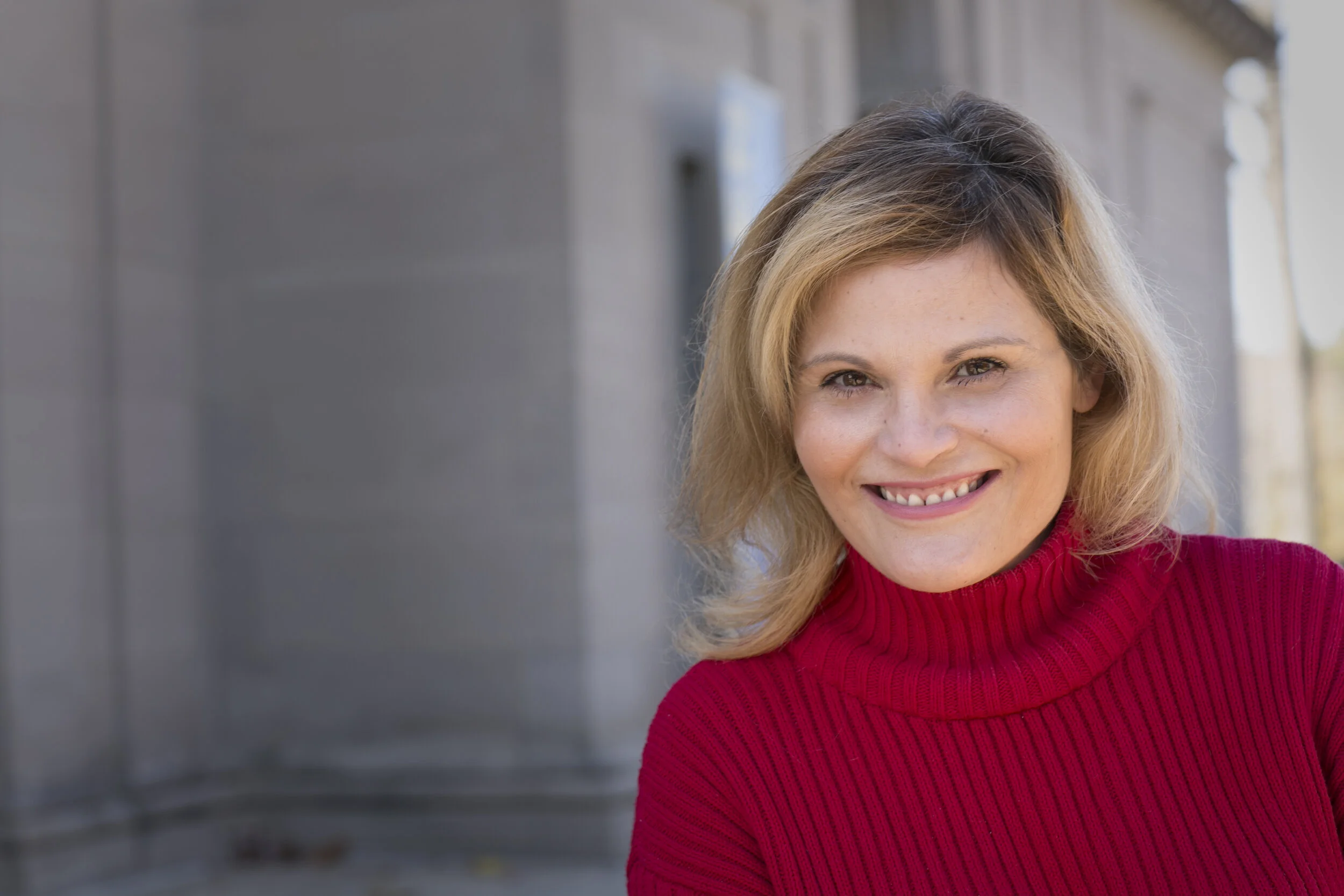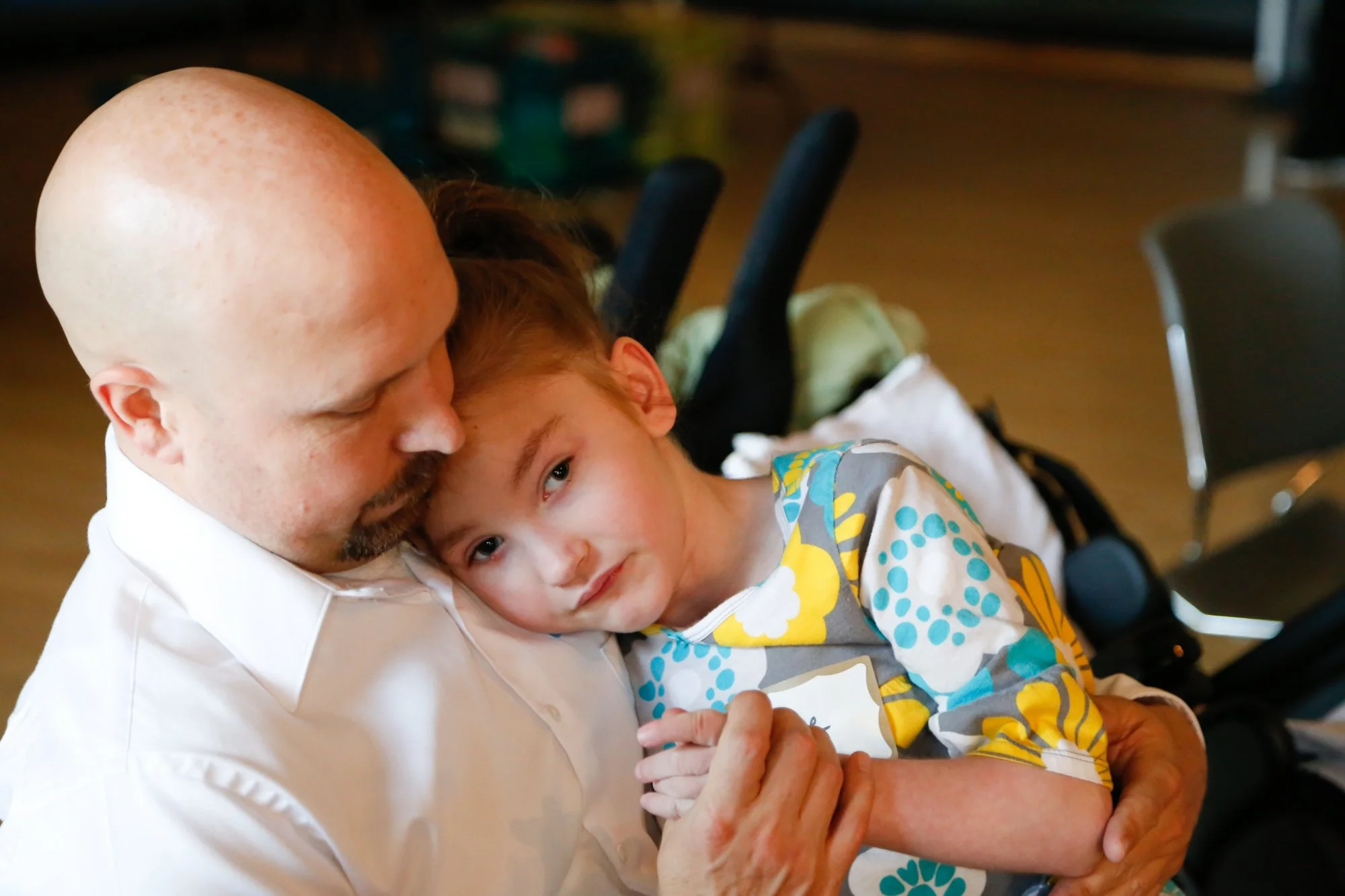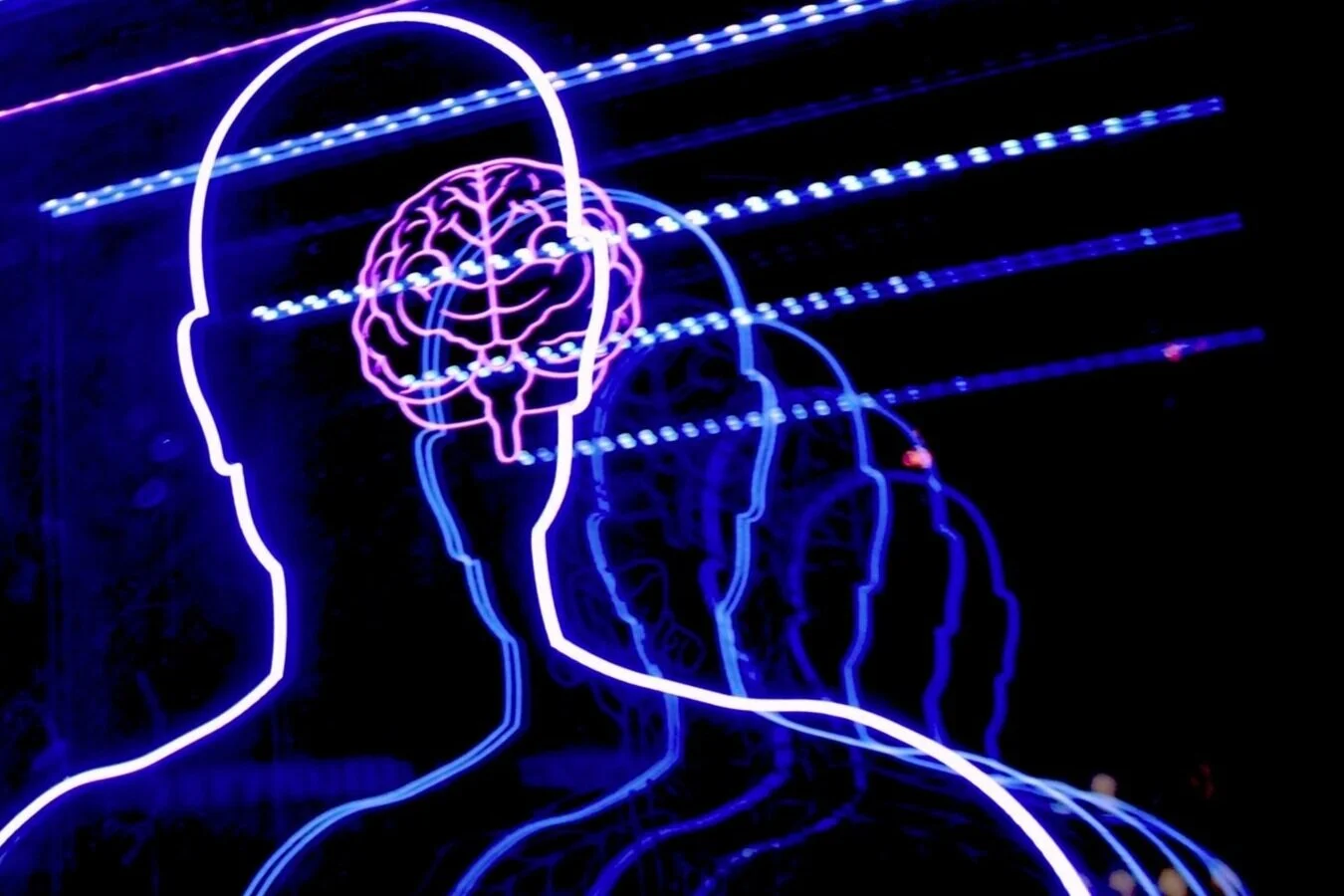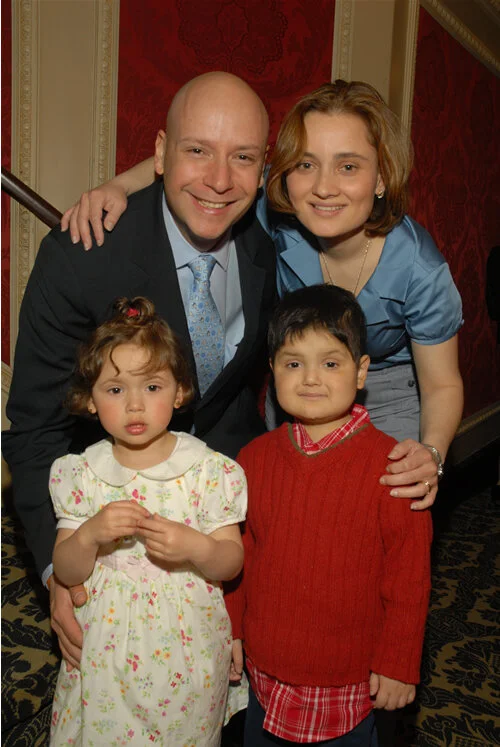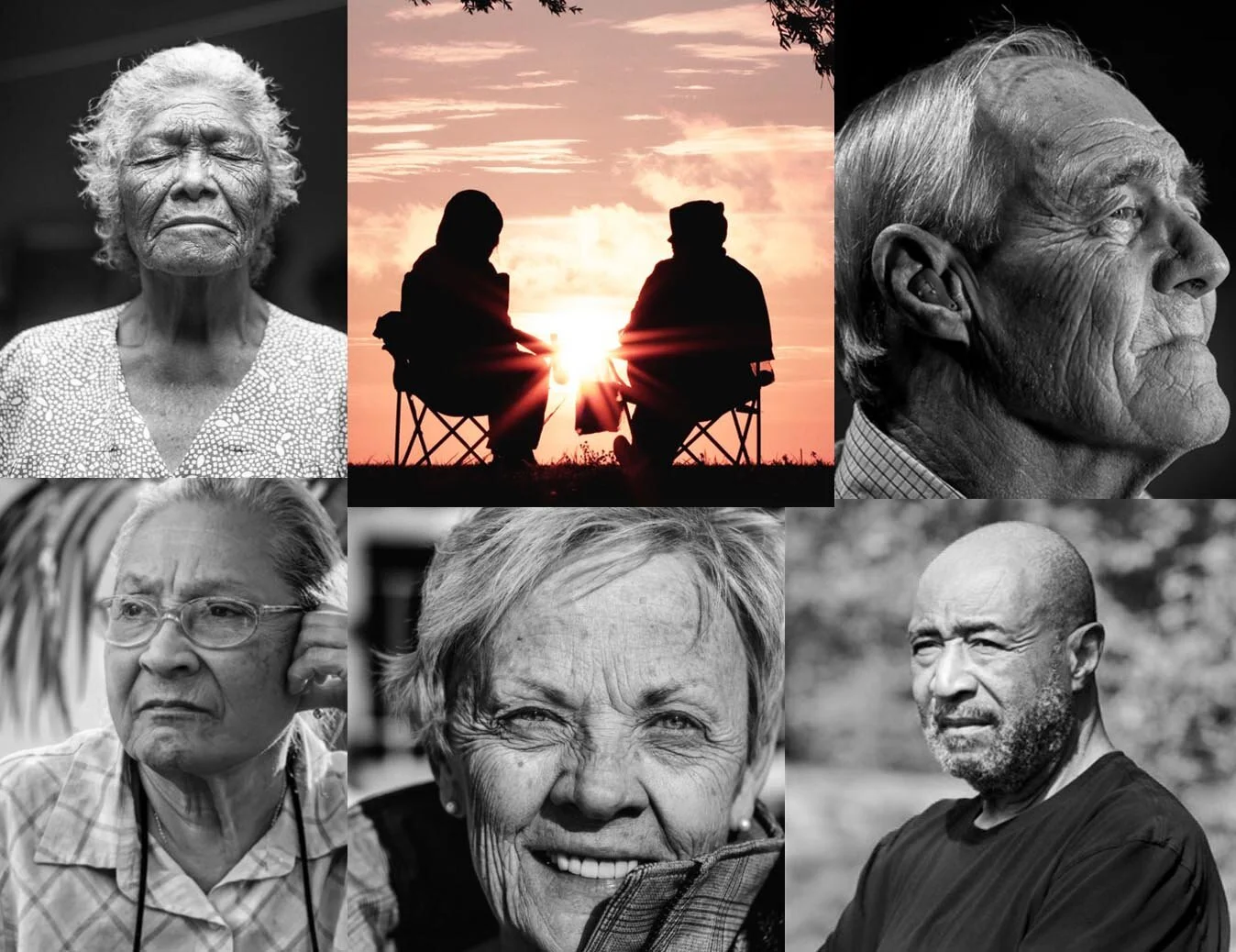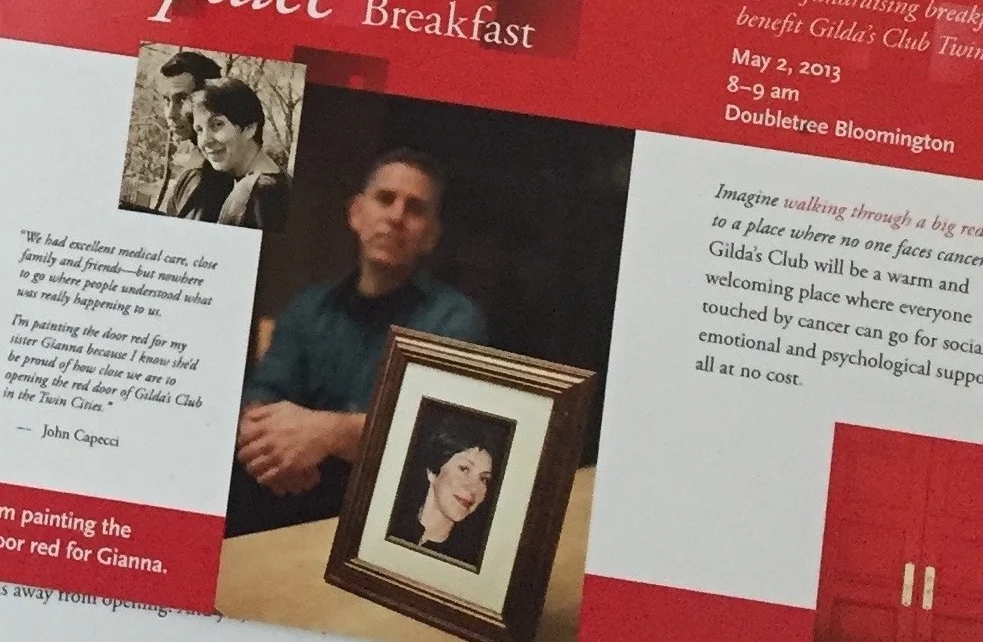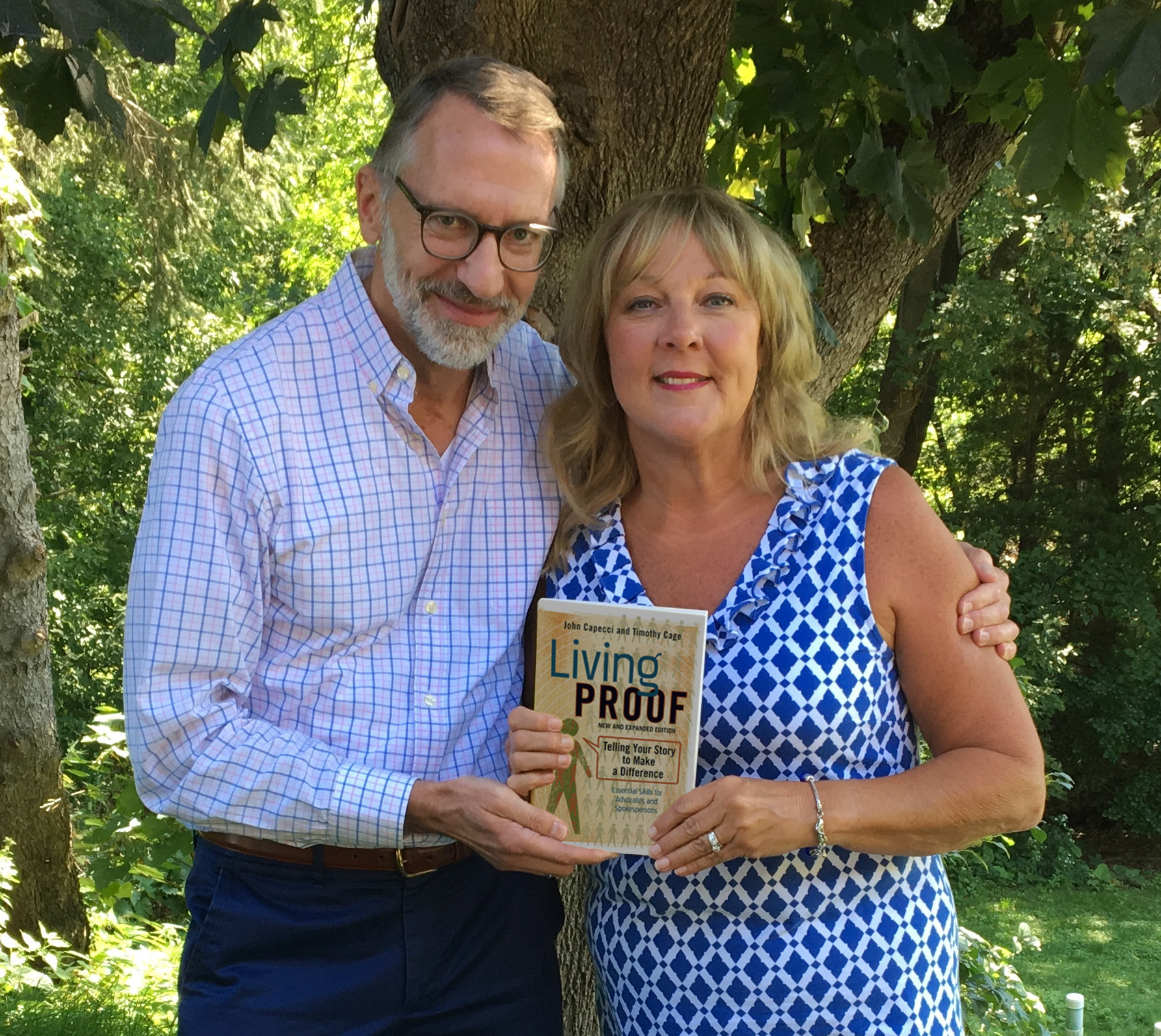We were saddened to learn of the passing of this fierce advocate, Natasha Alexenko, in October 2024.
This blog post, originally published in 2020, stands as a testament to the impact she had on behalf of rape victims.
If you or someone you know is in danger of sexual assault, call the National Domestic Violence Hotline at 1-800-799-7233 or text LOVEIS to 22522.
For resources to assist survivors and their families, visit Helping Survivors.
One evening in 1993, when Natasha Alexenko was a college student living in Manhattan, she was grabbed at gunpoint by a stranger who raped and robbed her.
Afterwards, despite the overwhelming desire for a hot shower, Natasha instead insisted on a “rape kit,” a sexual assault forensic exam that preserves DNA and other evidence that can aid in the investigation and prosecution of a rapist. The evidence also can help ensure the victim receives appropriate medical care.
The results from Natasha’s rape kit helped lead to the arrest and conviction of her rapist. That’s the good news. The bad news is that it took nine and a half years for that to happen. That’s how long Natasha’s rape kit sat, waiting to be tested, on a warehouse shelf along with a backlog of 17,000 other untested New York City rape kits.
How big is the backlog where you live? Visit End the Backlog to view an interactive US map. (Photo credit; Joyful Heart Foundation)
According to End the Backlog, experts estimate that there are hundreds of thousands of untested kits in police and crime lab storage facilities throughout the country. And each untested kit holds valuable evidence that, once entered into the FBI’s Combined DNA Index System (CODIS), could help investigators across the US convict more rapists.
That backlog is what drove Natasha to speak out in the 90s—and she’s been telling her story and making a difference ever since.
“My rape kit was not just a number in a police department,” she explains. “My rape kit was me—a human being. Every rape kit that sits on the shelf is a human being. Every rape kit that sits on a shelf has the potential to solve a crime. The CODIS found my perpetrator through DNA profiling and I am living, breathing proof of the fact that we can find these criminals. I am not, and should not be, an anomaly.”
Thanks in part to Natasha and others coming forward and sharing their stories, New York is now one of just a handful of US cities that has a system in place for processing rape kits.
The importance of framing
But Natasha’s advocacy efforts didn’t stop with New York. She also founded Natasha’s Justice Project, an organization that’s marshaling efforts to end the nationwide backlog, and she wrote A Survivor’s Story: From Victim to Advocate, which summarizes her journey.
Along that journey, Natasha made important discoveries about what it means to advocate publicly with a deeply personal story, especially a story that arises from a dramatic and traumatic event.
One discovery was the importance of framing herself clearly and intentionally as an active agent of change—not someone just passively contributing her story or casting herself solely as a victim.
Speaking for and of other sexual assault survivors, Natasha puts it this way, simply and forcefully: “We’re not just a plot line.”
Shortly after going public with her story. She remembers:
“I and my fellow rape survivors had . . . shared our stories over a variety of media, and our pictures graced newspapers across the country. But more and more, we felt we were being used as props. Several survivors had told me stories of how they’d been passed over for victims who were more ‘raw,’ those who would meet the expectation of what a victim is supposed to look like or guarantee that they’d tell their stories through ratings-boosting tears. If we wanted to be thought of as more than just the sum of our traumatic stories, we had to make certain we were doing more than just retelling them.”
For Natasha and so many other advocates, “doing more” means having a seat at the table where policy decisions are made and sharing the expertise that comes from their lived experiences in order to help shift how survivors of sex crimes are treated.
The end goal of Natasha’s advocacy? A world where rape kits are retained and tested in a timely manner, where all victims get the justice they deserve, where perpetrators are apprehended before they commit another assault, where US states work together to solve crimes through a national database of rape kit evidence, and where law enforcement and survivors collaborate to end sexual violence.
As Natasha reminds us, “Each rape kit represents a person. This could be your sister, niece, daughter or wife, a grandparent, your boyfriend, brother or childhood friend. This could be your story.”
To learn more about how Natasha is using her story in her advocacy, check out the new edition of Living Proof: Telling Your Story to Make a Difference.
Read Natasha’s complete story at endthebacklog.org. End the Backlog is a program of the Joyful Heart Foundation.
ABOUT NATASHA’S JUSTICE PROJECT Natasha’s Justice Project, founded in 2011, is working to end the rape kit backlog for good. They work through research, public education and media outreach. They also offer travel grants so that survivors can be present at their attackers’ trials.
ABOUT SEXUAL ASSAULT AWARENESS MONTH The National Sexual Violence Resource Center leads Sexual Assault Awareness Month (SAAM), a campaign to educate and engage the public in addressing this widespread issue. Sexual Assault Awareness Month is about more than awareness — the ultimate goal is prevention. And since consent is a clear, concrete example of what it takes to end sexual harassment, abuse and assault, this year’s campaign, #IAsk,” makes clear that asking for consent is a normal and necessary part of sex.
